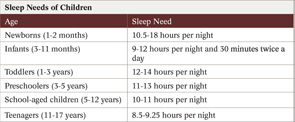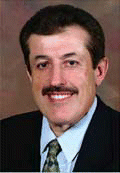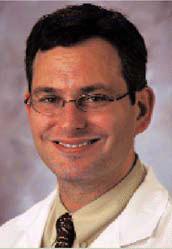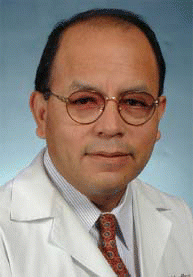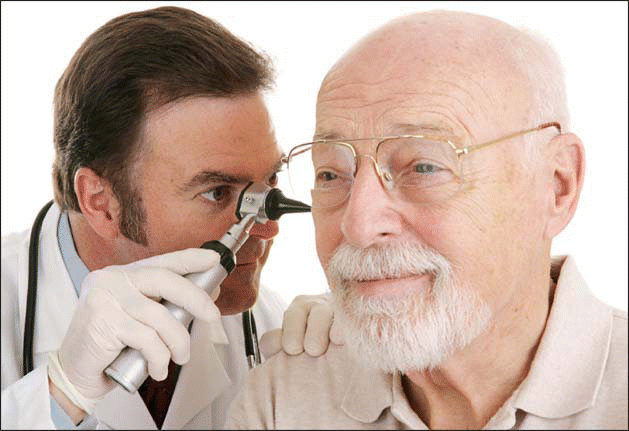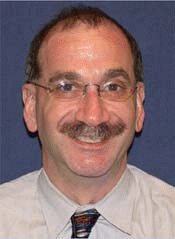In a modern society that is constantly “on,” with 24-hour news channels, Internet connection, cell phones, video games, and a rapid pace of life unequaled in previous generations, sleep deprivation and sleep disorders are not only a risk—they are a given.
